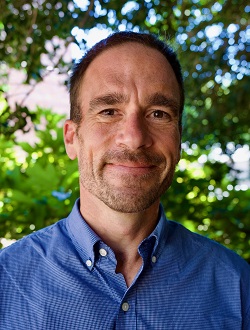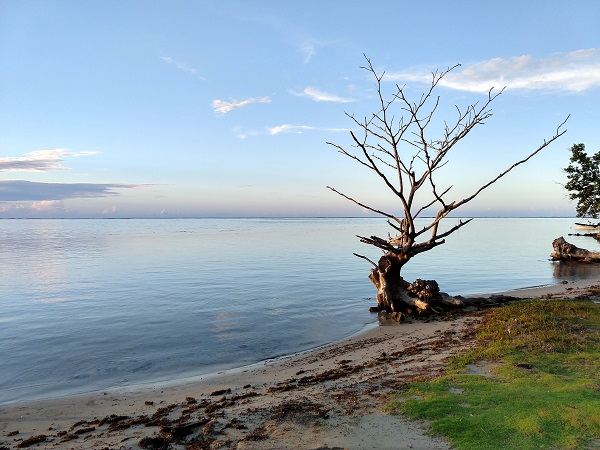
I am a Professor of Statistics at North Carolina State University.
I’ve always been fond of math and the outdoors. Initially I hoped to blend these two interests into a career, so I trained as a theoretical ecologist with a particular focus on stage-structured population dynamics and predator-prey interactions. I was lucky, and this research led to opportunities to study systems as fantastic and diverse as tropical coral reefs, biological control in agriculture, and the conservation of rare butterflies. While working in ecology, I took a casual interest — as most scientists do, I imagine — in thinking about how the norms and institutions of science affected how I and my colleagues constructed our research programs. As time passed, this interest grew stronger, and nowadays I’ve pivoted towards making these questions my primary focus, although ecological theory will always be close to my heart. This new line of work seeks to understand how the cultural and economic organization of science affects how scientists allocate their time and energy, which in turn shapes the landscape of scientific discovery. It takes its place in the emerging field of the “science of science” (also known as “metascience” or “metaresearch”), an exciting nexus that pulls together elements of philosophy, sociology, economics, and mathematics.
